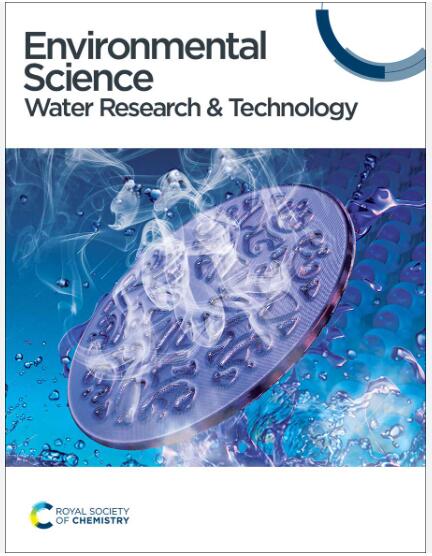Sustainable Spatial Strategies for Mitigating Air Pollution in Quick Commerce Environments
IF 3.1
4区 环境科学与生态学
Q3 ENGINEERING, ENVIRONMENTAL
引用次数: 0
Abstract
This paper reviewed various studies on the impact of quick-commerce distribution services on the environment and local communities, with a particular focus on air pollution and increased packaging waste due to the increase in quick-commerce consumption. A systematic literature review was conducted using Web of Science, Google Scholar, and Scopus to comprehensively investigate and summarise the characteristics of quick commerce distribution, the impact of frequent logistics transport on air pollution, and the increase in packaging waste due to the increase in online shopping demand. Previous studies have mainly addressed the growth characteristics of quick commerce distribution services with the emergence of quick commerce. The results of this study show that quick-commerce distribution services are indeed associated with increased traffic due to frequent transport, which contributes to greenhouse gas emissions and traffic congestion in cities. In addition, due to the nature of quick-commerce consumption, packaging waste is also increasing due to excessive use of packaging materials for freshness and safe delivery. Therefore, this study suggests sustainable consumption behaviour using local shopping malls and private spaces to minimize environmental pollution in the era of changed distribution services.在快速商业环境中减轻空气污染的可持续空间策略
本文回顾了关于速递配送服务对环境和当地社区影响的各种研究,特别关注空气污染和由于速递消费增加而增加的包装废物。利用Web of Science、Google Scholar、Scopus进行系统的文献综述,全面调查和总结了商业快速配送的特点、频繁的物流运输对空气污染的影响以及由于网购需求的增加而导致的包装废弃物的增加。以往的研究主要是研究随着快速商务的出现,快速商务配送服务的增长特征。研究结果表明,由于频繁的交通运输,快速商业配送服务确实与交通流量增加有关,这导致了温室气体排放和城市交通拥堵。此外,由于快速商务消费的性质,由于过度使用新鲜和安全交付的包装材料,包装废弃物也在增加。因此,本研究建议在分销服务改变的时代,利用当地购物中心和私人空间进行可持续的消费行为,以尽量减少环境污染。
本文章由计算机程序翻译,如有差异,请以英文原文为准。
求助全文
约1分钟内获得全文
求助全文
来源期刊

Environmental Science: Water Research & Technology
ENGINEERING, ENVIRONMENTALENVIRONMENTAL SC-ENVIRONMENTAL SCIENCES
CiteScore
8.60
自引率
4.00%
发文量
206
期刊介绍:
Environmental Science: Water Research & Technology seeks to showcase high quality research about fundamental science, innovative technologies, and management practices that promote sustainable water.
 求助内容:
求助内容: 应助结果提醒方式:
应助结果提醒方式:


